Director: Lee Hae-Young
Cast: Cho Jin-Woong, Ryoo Joon-Yeol, Cha Seung-Won, Kim Ju-Hyeok, Jin Seo-Yeon, Park Hae-Joon, Kim Sung-Ryoung, Kim Dong-Young, Lee Joo-Young
Running Time: 123 min.
By Paul Bramhall
Five years after Cold Eyes, a Korean remake of the Milkyway Image thriller Eye in the Sky, another of the Hong Kong production company’s titles receives the same treatment, this time in the form of Believer. The source material is Johnnie To’s 2013 crime flick Drug War, which was notable for also being his first foray into Mainland movie making. The choice to remake this title in-particular is both an easy and challenging one at the same time. While Drug War delivers a suitably gritty slice of cops vs drug dealers, propped up by To’s trademark stylish shootouts, it’s also just as well regarded for the skill in which it circumnavigated the Chinese censors. Incorporating a number of subtle narrative choices, and even some selective casting, despite its themes To’s skilful handling of the material allowed it to be shown in the Mainland.
With no such restrictions to worry about for the remake, Believer essentially had 2 paths to go down. Either go for a straight up remake, or use To’s original as a foundation to create something more. Thankfully director Lee Hae-yeong has decided to go with the latter, and for the most part, it’s a decision that reaps considerable rewards, both for those familiar with Drug War (such as myself), and those that’ll be watching it with no prior knowledge of its origins. Believer marks Hae-yeong’s fourth time in the director’s chair, after helming the comedies Like A Virgin and Foxy Festival, and most recently the period horror thriller The Silenced. His first time working with a full-blooded action thriller, Believer is easily destined to be the movie that puts him on the map, as he displays a skilled hand at maintaining a consistently tense pace throughout.
Behind the scenes, Hae-yeong has an ace up his sleeve in the form of his co-writer Jeong Seo-kyeong. A frequent collaborator with Park Chan-wook, and one of the scribes behind The Truth Beneath (for me the best Korean movie of 2016), Seo-kyeong’s dialogue elevates the quality of any director she works with, and here is no different. Together the pairs script takes Believer into places that To’s version wouldn’t be allowed to touch with a barge pole, incorporating several shades of grey into the characters motivations and choices. The same applies to the direction itself, with no government restrictions to be concerned about over the amount of violence onscreen, Believer cranks up the gore in a handful of brief but memorable scenes.
Stepping into the roles of Sun Hong-Lei and Louis Koo, as cop and drug dealer respectively, are Cho Jin-woong and Ryu Jun-yeol. Jin-woong is an actor who’s been around for as long as the Korean wave, however has recently come into his own in recent years. From a stellar turn as the lead in the psycho-mystery Bluebeard, to his roles as the villain in the likes of The Handmaiden and A Hard Day. Here he’s visibly slimmed down, and makes for an excellent choice as the detective who’s been on the trail of the mysterious “Mr. Lee”, the head of Korea’s largest drug syndicate that no one has ever met or seen. In comparison Jun-yeol is more of a newcomer on the block, however is already cementing a reputation as being a considerable talent onscreen, thanks to recent roles in the likes of The King, A Taxi Driver, and Heart Blackened (another Chinese movie remake).
While Jin-woong retains the determined cop characteristics that Hong-Lei embodies in Drug War, Jun-yeol is given a character with significantly more depth than Koo’s sweaty take in the original. Again the only survivor of a drug factory explosion, one which also claims the life of his mother, in Believer this plot device gives Jun-yeol the motivation to join forces with Jin-woong and catch Mr. Lee, believed to be responsible for the blast. In that regard it’s possible to draw comparison to Drug War, in that the villains remain more interesting than the heroes, which is no more so on display than with the introduction of a Korean Chinese gangster, played with relish by the late Kim Joo-hyuk.
A largely perfunctory role in Drug War, here Joo-hyuk makes the character a standout of the entire movie. Much like Jin-woong, Joo-hyuk is another actor whose been around for a while, but only recently made an impact with a string of stand-out performances in the likes of The Truth Beneath, Yourself and Yours and Confidential Assignment. Sadly his role in Believer was to be his last, as shortly after filming wrapped he was involved in a car accident in October 2017, which ultimately claimed his life. His final role is a career high point, as an LED light averse, eye ball chewing psychopath. Joo-hyuk is the centre piece of the double-deception hotel meeting sequence, that Hae-yeong seems to acknowledge was done so well in To’s original, it doesn’t need too much tweaking. The scenes crank up the tension considerably, and sets in motion a series of escalating action scenes and blindsides.
Much like Cold Eyes did for Eye in the Sky, so Believer adds an additional 15 minutes to the duration of Drug War, but unlike Cold Eyes, here the extra runtime feels justified. This mostly comes from the addition of a character that’s introduced mid-way though, played by Cha Seung-won, of Man in High Heels fame. As heir to a shipping company that studied to be a pastor overseas, his character is a colorful one, but his addition to the mix does make things feel a little overcrowded. This is especially true with the inclusion of the mute drug manufacturers, also carried over from Drug War, but here cast as brother and sister. The relationship dynamics the pair have with Jun-yeol are interestingly tweaked from their original incarnation, and are effectively played by Kim Dong-young (also in A Hard Day) and Lee Joo-young.
Thankfully though Hae-yeong doesn’t allow the additional characters to slow the pacing, and the simmering tensions that are kept on the boil from almost the opening scene, eventually culminate in a full-blown shootout at the 75 minute mark. It’s an impressively staged action sequence, with suitably thunderous sound design from the machine gun fire, and feels like a rewarding payoff to everything which has come before. The finale also decides to take a completely different approach to Drug War, which is too its credit, as the change in direction also makes it difficult to compare the two. Rather than being a black and white case of a cops vs drug dealers shootout, the room to add complexity allows for some interesting twists and character choices to play out. Admittedly viewers accustomed to this type of genre may see some of the plot turns coming before they’re signposted, but they’re still effectively executed.
It’s during the finale that it’s possible to sense just how much enjoyment Hae-yeong is having with the material, with the gratuitous but enjoyable decision to also include a pair of one-on-one fight scenes that run in parallel, finally allowing for some female fisticuffs amongst a largely male dominated picture. The closing moments of Believer make for an interesting choice, eschewing the big bang ending and closure that Drug War delivers, instead we’re presented with a scene which leaves things open to audience interpretation. It’s a bold move, and likely those that were infuriated with the ending of Inception may well have the same feeling here, but personally I believe the scene achieves what it sets out to do, which is to make us think.
Remaking a well-regarded movie is always going to be a difficult task, even more so when that movie has been made by an auteur like Johnny To. However with Believer, Hae-yeong and his cast haven’t just re-interpreted the original for a Korean audience, there are occasions when it’s possible to argue they’ve surpassed it. For those that feel remakes aren’t worth your time, then this may just be the movie to change your mind, and who knows, it may even make a Believer out of you.
Paul Bramhall’s Rating: 8/10

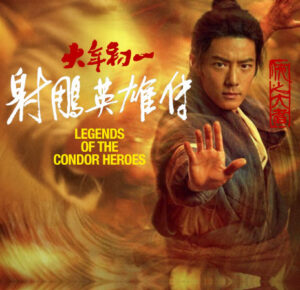

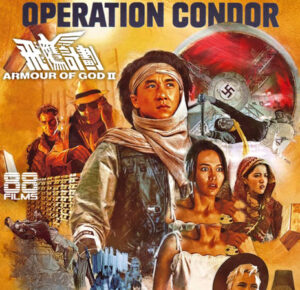
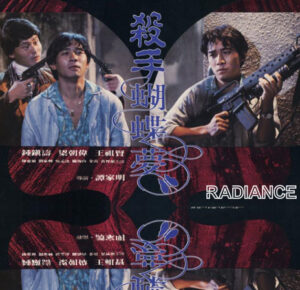
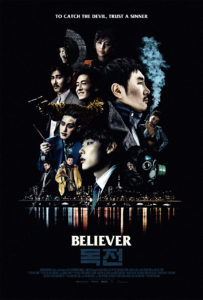
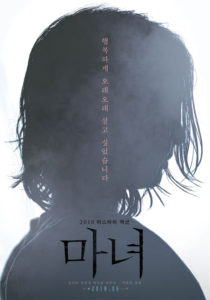
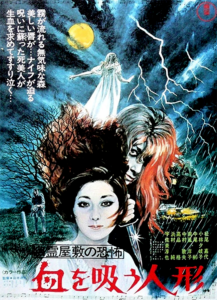
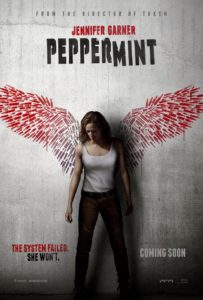
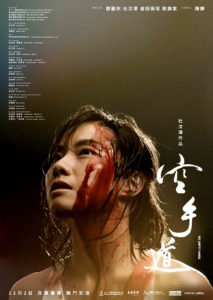
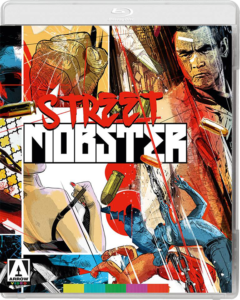
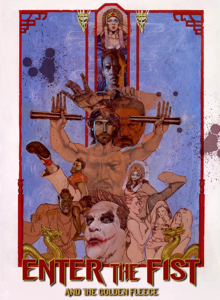
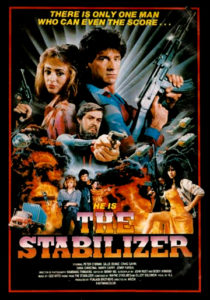
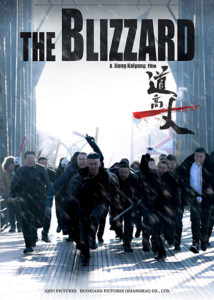
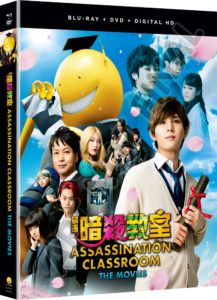
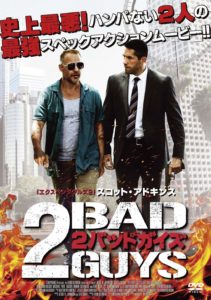
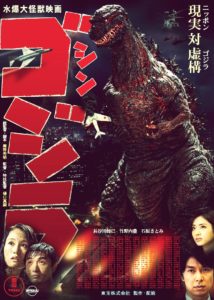
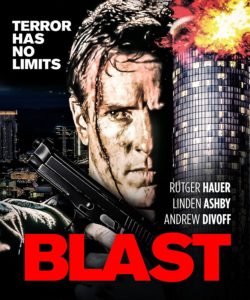
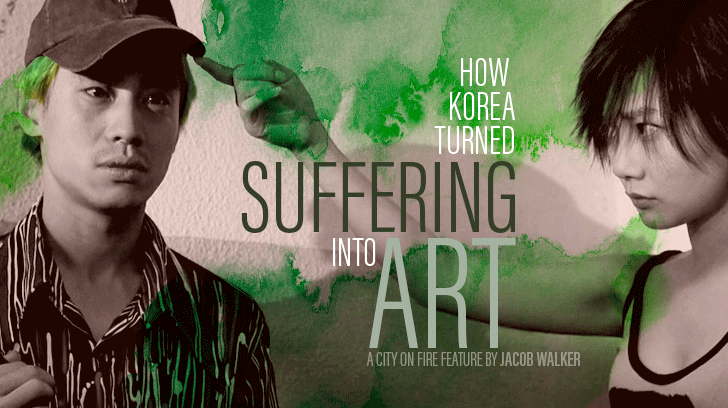 Korea is obsessed with suffering. That is a strong statement but one that is justifiable if you are a fan of South Korean cinema. North Korean cinema could indeed be the subject of its own article with both Kim Jong-un and his father being huge cinephiles, but the films are hard to find and my knowledge of its intricacies is lacking, so I will just stick to the cinema of the South. Of course like any film producing nation South Korea releases a wide range of genres from romantic comedies to historical fiction, however what they have become famous for are hard hitting dramas, revenge pictures and horror. I would argue that horror elements run through the majority of their most famous films and it is what has made them popular with western audiences ever since
Korea is obsessed with suffering. That is a strong statement but one that is justifiable if you are a fan of South Korean cinema. North Korean cinema could indeed be the subject of its own article with both Kim Jong-un and his father being huge cinephiles, but the films are hard to find and my knowledge of its intricacies is lacking, so I will just stick to the cinema of the South. Of course like any film producing nation South Korea releases a wide range of genres from romantic comedies to historical fiction, however what they have become famous for are hard hitting dramas, revenge pictures and horror. I would argue that horror elements run through the majority of their most famous films and it is what has made them popular with western audiences ever since 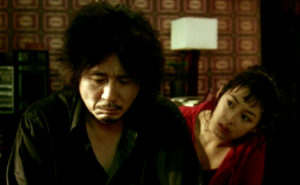
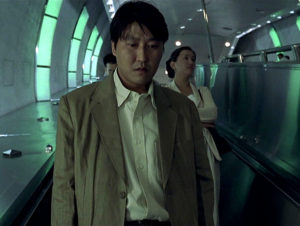
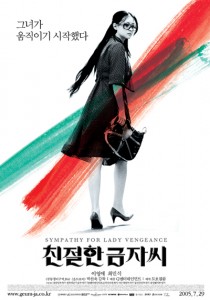
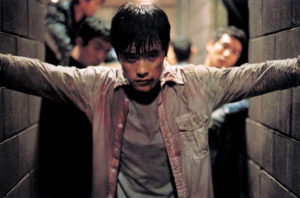
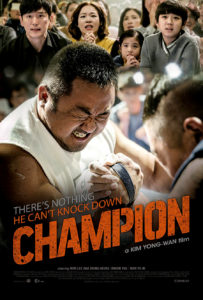


1 Comment